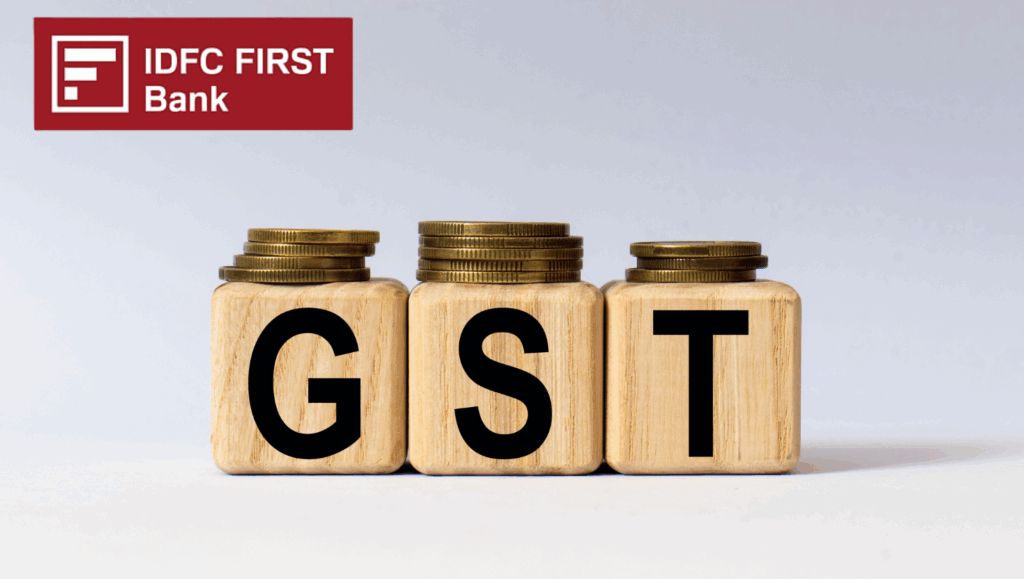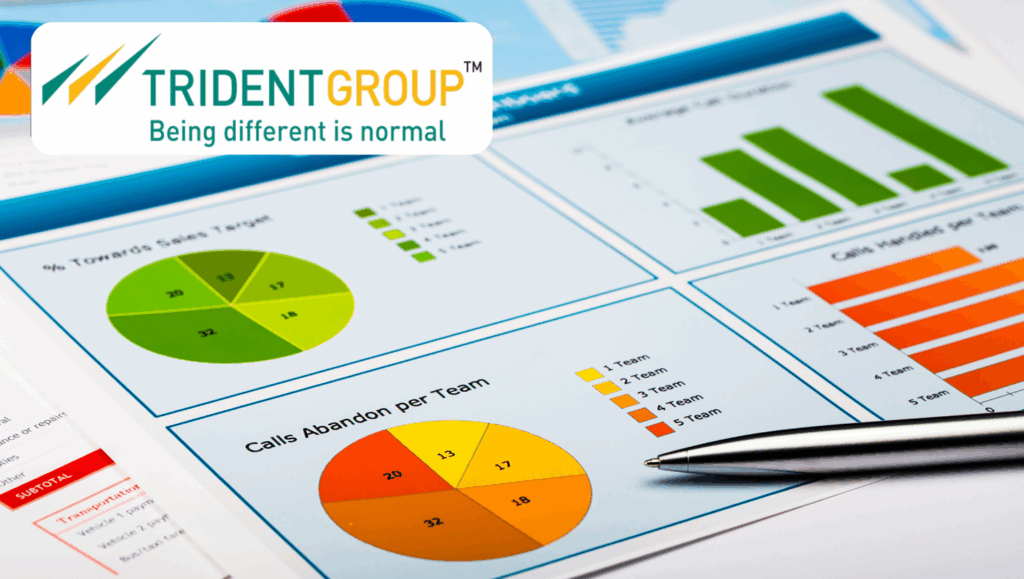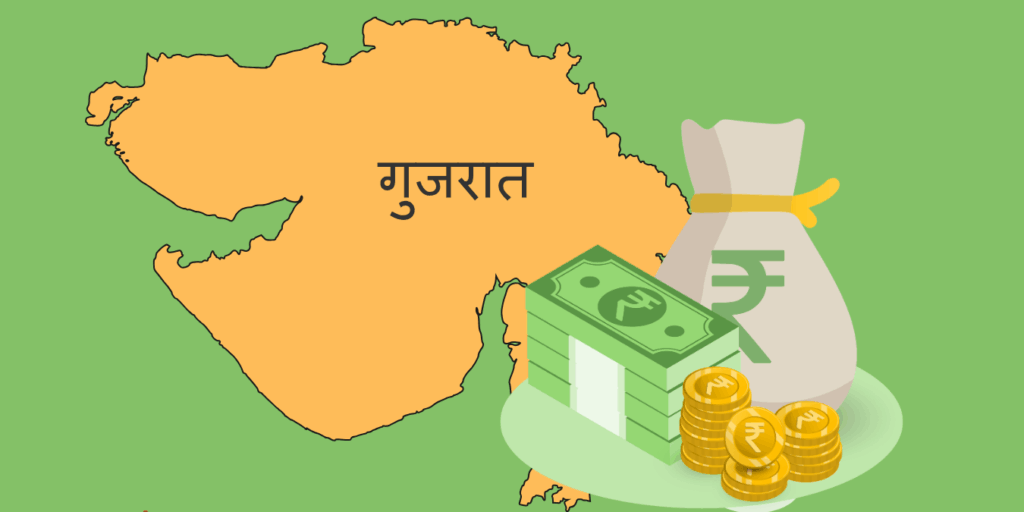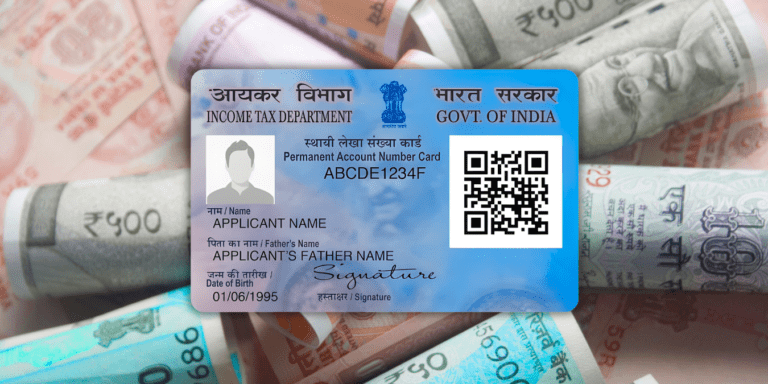
How Will 2025’s New TDS and TCS Threshold Limits Change Your Taxes — Are You Ready?
Curious about saving thousands on taxes in 2025? India’s Budget unveils game-changing TDS/TCS threshold hikes, slashing deductions on rent, fees, and remittances. Discover how senior citizens double interest income, freelancers boost cash flow, and students dodge TCS entirely. With new ₹6 lakh rent limits and no TCS on goods, compliance is easier—yet one hidden rule could trip you up.
The Union Budget 2025 has brought sweeping reforms to the Tax Deducted at Source (TDS) and Tax Collected at Source (TCS) provisions under the Income Tax Act, 1961. These changes, effective from April 1, 2025, aim to simplify compliance, reduce burdens on taxpayers, and improve overall efficiency in tax administration. For individual taxpayers, businesses, and professionals across India, understanding these enhanced threshold limits and regulatory updates is crucial for effective financial planning and adherence to tax laws, it’s essential to grasp the fundamentals of TDS and TCS, which form the backbone of India’s advance tax collection system. TDS, or Tax Deducted at Source, requires the payer to withhold tax on payments like salaries, interest, or fees before handing over the money to the recipient. This ensures the government receives tax revenue upfront, minimizing evasion and aiding cash flow for the exchequer.
On the other hand, TCS, or Tax Collected at Source, shifts the responsibility to the seller, who collects tax from the buyer during transactions involving goods like timber or overseas tours. These mechanisms, enshrined in the Income Tax Act, 1961, have been pivotal since their inception, but the 2025 enhancements aim to make them more taxpayer-friendly amid rising inflation and economic growth.
Understanding TDS and TCS: The Basics
Before diving into the changes, let’s briefly clarify what TDS and TCS mean:
- Tax Deducted at Source (TDS): A system where the payer deducts tax before making specified payments such as salaries, interest, rent, or professional fees to the payee, and remits it to the government.
- Tax Collected at Source (TCS): A tax collected by the seller from the buyer at the time of sale of specified goods or services.
These mechanisms ensure advance tax collection and reduce tax evasion. Threshold limits determine the minimum amount above which TDS or TCS is applicable, so raising these limits benefits many taxpayers by exempting smaller transactions.
The enhanced TDS and TCS threshold limits introduced in 2025 mark a major shift in India’s tax landscape, easing compliance burdens for millions of taxpayers. With increased exemption limits on interest income, rent, professional fees, and foreign remittances, individuals, freelancers, and businesses can now retain more of their earnings while ensuring smoother tax deductions. Crucially, the removal of higher TDS/TCS rates for non-filers and exemptions on education loan remittance TCS reduce complexity and cost pressures amid rising living expenses. Understanding these new rules and threshold changes is essential to avoid costly errors and leverage tax benefits effectively. For compliance, focus on updated TDS/TCS limits, timely filings, and knowing new provisions like TDS on partner payments under Section 194T. Staying informed about 2025 tax reforms ensures better tax planning and financial management in India’s evolving regulatory environment.
Major Enhanced Threshold Limits Effective April 1, 2025
The Budget 2025, presented amid post-pandemic recovery efforts, raised TDS and TCS thresholds across key sections, reflecting the government’s push for ‘Ease of Doing Business’ and ‘Atmanirbhar Bharat’. These changes, backed by data from the Ministry of Finance’s latest notifications, target relief for over 50 million individual taxpayers and 10 million businesses, as per CBDT estimates for FY 2025-26. Let’s break down the specifics.
Significant TDS Threshold Enhancements
Drawing from the Finance Bill 2025, the revisions focus on everyday transactions, easing burdens in a high-inflation environment where average incomes have risen by 8% year-on-year, according to NSSO data.
Here’s a detailed table of the key TDS updates:
| Section | Nature of Payment | Previous Threshold | New Threshold (2025) |
| 193 | Interest on Securities | Nil | ₹10,000 |
| 194A | Interest (other than securities) | Rs. 50,000 (senior citizens) Rs. 40,000 (others) | Rs. 1,00,000 (senior citizens) Rs. 50,000 (others) |
| 194 | Dividend to individual shareholders | ₹5,000 | ₹10,000 |
| 194K | Income from mutual fund units | ₹5,000 | ₹10,000 |
| 194B/194BB | Winnings from lottery and horse racing | Aggregate exceeding ₹10,000 in FY | ₹10,000 per transaction |
| 194D | Insurance commission | ₹15,000 | ₹20,000 |
| 194G/H | Commission, brokerage | ₹15,000 | ₹20,000 |
| 194I | Rent | ₹2,40,000 per FY | ₹50,000 per month or ₹6,00,000 per FY |
| 194J | Professional or technical fees | ₹30,000 | ₹50,000 |
| 194LA | Enhanced compensation | ₹2,50,000 | ₹5,00,000 |
These hikes are particularly timely. For senior citizens, who number over 130 million in India (Census projections 2025), the doubled interest threshold aligns with rising fixed deposit rates averaging 7.5% per RBI data. Freelancers, contributing 1.5% to GDP as per NITI Aayog reports, benefit from the ₹50,000 professional fees limit, allowing more cash in hand for reinvestment.
Consider Rajesh, a graphic designer in Pune: Previously, a ₹35,000 project triggered TDS; now, he can handle such gigs without deductions, improving his liquidity in a gig economy valued at ₹2 trillion.
Key TCS Threshold Updates
TCS changes emphasize international transactions and domestic trade, supporting India's global ambitions while simplifying local commerce.
| Section | Transaction | Previous Threshold | New Threshold (2025) |
| 206C(1G) | Remittance under Liberalised Remittance Scheme (LRS) & Overseas Tour Packages | ₹7,00,000 | ₹10,00,000 |
| 206C(1G) | Remittance for education financed by loans | ₹7,00,000 | Nil (No TCS for education loans) |
| 206C(1H) | Purchase of Goods | ₹50,00,000 | Nil (Clause removed) |
With outbound remittances hitting ₹2.5 lakh crore in 2024 (RBI figures), the LRS hike to ₹10 lakh eases small forex needs for families sending money abroad. The education exemption is a boon for India's 1.3 million overseas students (MEA data 2025), especially those from middle-class backgrounds relying on loans from banks like SBI, where education loan disbursals rose 15% last year.
The scrapping of TCS on goods sales eliminates dual taxation headaches, as buyers under Section 194Q already handle TDS. This move, per industry feedback from FICCI, could save businesses ₹5,000 crore in compliance costs annually.
New Provisions and Key Changes in TDS/TCS Rules
Beyond thresholds, Budget 2025 introduces innovative rules to modernize tax administration, drawing from digital India initiatives and global best practices.
Introduction of Section 194T – TDS on Partner Payments
In a first for partnership firms, which employ 40% of India's workforce (MSME Ministry data), Section 194T mandates 10% TDS on payments like salaries, interest, or commissions exceeding ₹20,000 per year to partners. Effective FY 2025-26, this plugs a loophole where such incomes often escaped early taxation.
For a Delhi-based LLP with five partners, this means deducting tax on ₹25,000 bonuses, ensuring transparency. It's a step toward equitable taxation, as partnerships contribute ₹10 lakh crore to GDP.
Removal of Higher TDS/TCS Rates for Non-Filers (Sections 206AB & 206CCA)
Previously, non-filers faced double rates—up to 20%—burdening deductors with PAN verifications via the Income Tax portal. The 2025 repeal simplifies this, applying standard rates universally.
This change, amid digital filing rates reaching 90% (CBDT 2025 stats), reduces administrative friction. Businesses like e-commerce platforms, processing billions in transactions, no longer need to flag non-filers, saving time and costs.
Relaxation on Prosecution for Delayed TCS Payments
Amending Section 276BB, the government now waives prosecution if TCS is paid by the quarterly return due date. This humane approach acknowledges delays in a vast country like India, where logistics can hinder timely deposits.
For a timber trader in Kerala, missing a deposit but filing on time avoids jail risks, promoting compliance without fear.
Reduction in TCS Rate on Forest Produce
Lowering the rate to 2% from 2.5% for non-tendu forest items aligns with sustainable forestry goals under the Indian Forest Act. With forest-based industries supporting 10 million livelihoods (MoEFCC data), this cut boosts competitiveness.
How These Changes Benefit Indian Taxpayers
The 2025 reforms aren't just numbers; they weave into the fabric of daily Indian life, from bustling markets to corporate boardrooms.
- Senior Citizens: With pensions stagnant amid 6% inflation (CPI 2025), the ₹1 lakh interest threshold means more disposable income for essentials like healthcare, affecting 20% of households.
- Students Abroad: Exempting TCS on loan-funded remittances supports dreams like studying at IIT alumni-led startups in Silicon Valley, reducing costs by up to ₹50,000 per student.
- Business Simplification: Ditching TCS on goods frees MSMEs from paperwork, allowing focus on growth in a ₹70 trillion economy.
- Freelancers and Professionals: Higher fees thresholds enhance cash flow for India's 15 million gig workers, per NASSCOM.
- Partnership Firms: New TDS ensures fair play, curbing under-reporting in sectors like real estate.
- General Taxpayers: Uniform rates demystify taxes, encouraging voluntary compliance.
- Foreign Remittances: The ₹10 lakh LRS limit aids NRIs and tourists, with forex outflows projected at ₹3 lakh crore.
Common Mistakes to Avoid with TDS and TCS Post-2025
Even with simplifications, pitfalls remain in India's complex tax ecosystem.
- Failing to update software leads to over-deductions, as seen in 2024 audits where 30% errors stemmed from outdated systems (CAG report).
- Overlooking education exemptions causes unnecessary TCS on student loans.
- Continuing old TCS on goods invites penalties under removed clauses.
- Ignoring Section 194T exposes firms to 1% interest penalties.
- Assuming higher rates for non-filers persists, despite abolition.
- Delaying filings risks prosecution, even with payments made.
A narrative from a Kolkata accountant: One client faced ₹10,000 fines for not updating rent thresholds, highlighting the need for vigilance.
Pro Tips for Seamless Compliance in 2025
Stay ahead with these actionable strategies, tailored for India's digital-savvy taxpayers.
- Regularly update accounting and tax software with the latest TDS/TCS limits and rules announced for FY 2025-26.
- Maintain proper documentation for educational loans when processing remittances to claim TCS exemptions.
- Educate finance and accounts teams about the removal of non-filers' higher rates to prevent incorrect higher deductions.
- Use automated calculators to ensure correct threshold application on monthly rent or professional fees.
- Stay informed on due dates for quarterly return filings to avoid penalties or prosecution exposure.
In a story from Ahmedabad, a startup avoided errors by automating TDS via AI tools, saving 20% in admin time.
Essential TDS/TCS Threshold Limits for FY 2025-26
| Transaction Type | Revised Threshold Limit (₹) | Key Change Highlights |
| Interest Income for Senior Citizens | 1,00,000 per annum | Threshold doubled from 50k |
| Rent Payments | 50,000 per month or 6,00,000/year | Increased from 2.4 lakhs/year |
| Professional Fees | 50,000 | Raised from 30,000 |
| Foreign Remittance (LRS & Tour) | 10,00,000 | Raised from 7 lakh |
| TCS on Education Loan-Funded Remittance | Nil | Fully exempted |
| Sale of Goods TCS (Section 206C 1H) | N/A | Clause removed |
| Partner Remuneration/Interest/Commission | 20,000 (10% TDS rate) | New Section 194T |
Final Thought: Stay Ahead with Updated TDS/TCS Knowledge and Compliance
The enhanced threshold limits and regulatory reforms in TDS and TCS rules for 2025 mark a significant step toward easing tax compliances and supporting taxpayers in India. Understanding these changes is key to better financial management, improved cash flow, and avoiding penalties.
Businesses, freelancers, financial professionals, and individuals should proactively review their tax deduction processes and invest in awareness or expert support to navigate the new regulations efficiently. Leveraging updated accounting tools and professional guidance will ensure compliance with the latest norms and unlock smoother financial operations.

































